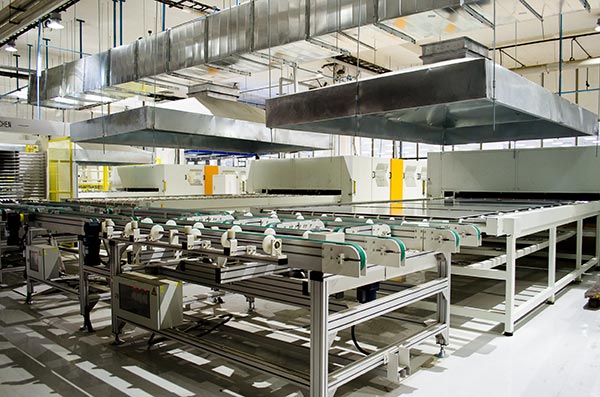From pv magazine India
Tata Power has revealed plans to set up a greenfield 4 GW solar cell and module factory in the Indian state of Tamil Nadu.
It recently signed an agreement with the Tamil Nadu government to invest in the state. It will invest the sum over a period of 16 months.
“The new plant in Tamil Nadu will integrate mono-PERC (passivated emitter and rear contact) bifacial technology with future n-type technology of tunnel oxide passivated contacts (TopCON) and will produce high-wattage modules with industry-leading efficiencies,” said the company.
The facility will use autonomous mobile robots with lasers and cameras. It will feature smart manufacturing tools and technologies. The company expects the plant to directly or indirectly create more than 2,000 jobs.
Tata Power was one of the first companies to open a solar factory in India. In fiscal 2021, it set up a mono-PERC cell line at its existing manufacturing facility in Bengaluru, Karnataka. The Bengaluru plant has a production capacity of 635 MW of modules and 500 MW of cells.
This content is protected by copyright and may not be reused. If you want to cooperate with us and would like to reuse some of our content, please contact: editors@pv-magazine.com.




2 comments
By submitting this form you agree to pv magazine using your data for the purposes of publishing your comment.
Your personal data will only be disclosed or otherwise transmitted to third parties for the purposes of spam filtering or if this is necessary for technical maintenance of the website. Any other transfer to third parties will not take place unless this is justified on the basis of applicable data protection regulations or if pv magazine is legally obliged to do so.
You may revoke this consent at any time with effect for the future, in which case your personal data will be deleted immediately. Otherwise, your data will be deleted if pv magazine has processed your request or the purpose of data storage is fulfilled.
Further information on data privacy can be found in our Data Protection Policy.